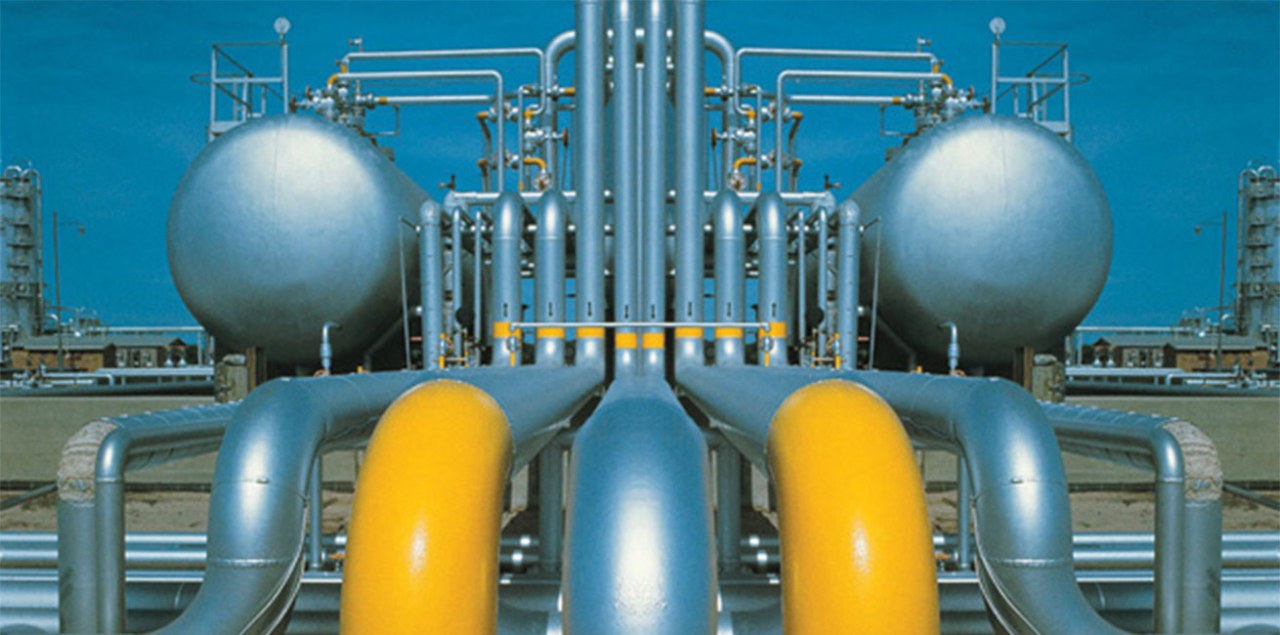
32 schemes eligible for funding despite being unnecessary under move from fossil fuels.
The European Union risks wasting €29bn (£25bn) of taxpayers’ money by overinvesting in gas projects which will be unnecessary under Europe’s climate action plans, according to a report.
The European Investment Bank vowed late last year to end its support for fossil fuels within the next two years to become the world’s first “climate bank”, but 32 gas projects are still eligible for funding before the crackdown.
The majority of these projects would waste billions of euros of taxpayers’ money, according to Artelys, an independent data science company, because they would be left as “stranded assets” in the move towards cleaner energy.
The report warns that gas investments will be unnecessary in the decades ahead because Europe already has enough infrastructure –
The European commission set out a sweeping Green Deal plan late last year which aims to create a carbon-neutral EU by 2050, in part by increasing renewable energy and energy efficiency.
Under Europe’s climate action roadmap, gas demand is expected to fall by almost 30% by 2030 compared with 2015 levels. But even in scenarios in which gas demand climbs higher, the report found that new investments in gas infrastructure would be “superfluous” from an economic perspective.
The report said Europe’s existing gas projects could even withstand a wide range of extreme disruptions to gas pipelines, including year-long supply shocks to gas from Ukraine, Belarus or Algeria, by importing shipments of liquefied natural gas through existing port terminals.
Claude Turmes, Luxembourg’s energy minister, said it “makes absolutely no sense” that EU decision-makers are supporting investments in new gas infrastructure with public funds.
“This report debunks the argument that these investments would be needed for the EU’s security of gas supply. We risk wasting €29bn on future stranded assets while locking our energy system into fossil gas addiction for the next 40 years,” he said.
According to Artelys the European commission, the EU’s executive arm, has overestimated the gas infrastructure needed because Europe’s investment planning is handled separately for gas and electricity projects.
The modelling experts said future investment planning should be integrated because the move to tackle the climate crisis will spur demand for renewable electricity to replace gas in the energy system.
“We need to prioritise renewable energy investments over the interests of the European and international gas industry,” Turmes said.
Lisa Fischer, a senior policy adviser at the climate thinktank E3G, said the report proves that “it’s possible to safely divert from the ‘business as usual’ approach to planning and funding energy infrastructure in the EU”.
“We have the technology needed for a clean energy transition. Now our approach needs to be updated to deliver the energy infrastructures the Green Deal most critically depends on.”


